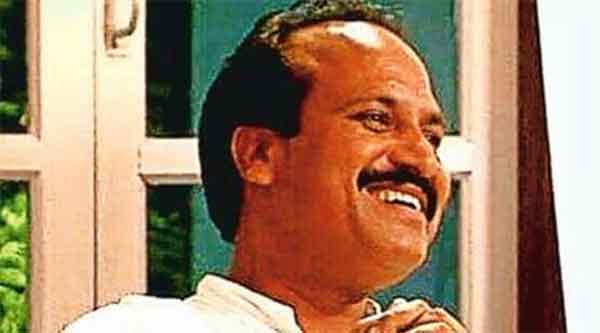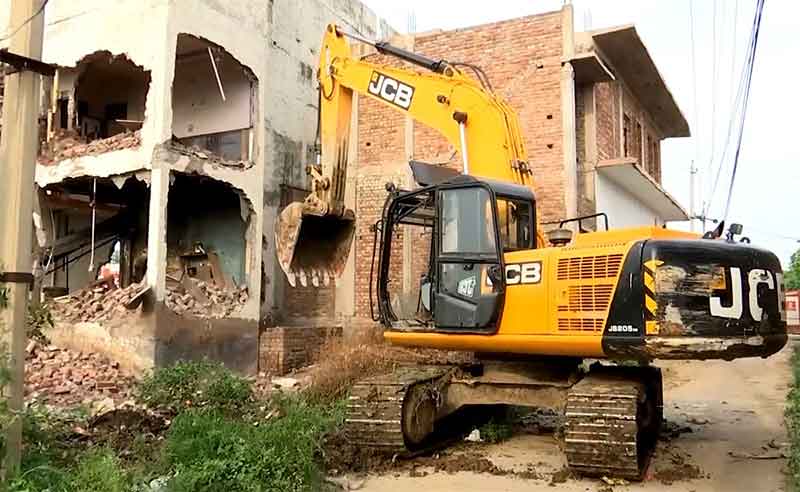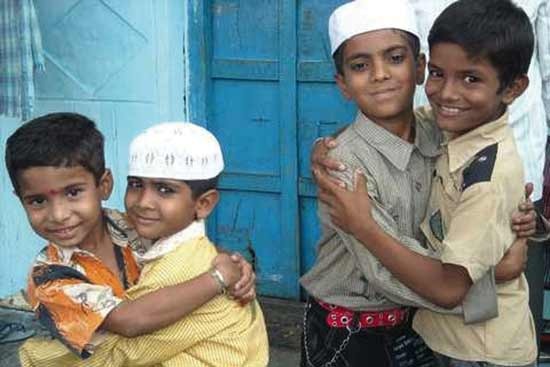
The case of social activist Himanshu Kumar is attracting widespread concern as it is widely believed that something exceptionally unjust has happened, even when judged by recent standards.
To capture the events so far very briefly, as a social activist working in Dantewada, Chattisgarh, Himanshu Kumar petitioned the Supreme Court in 2009 ( with co-petitioners) regarding an independent inquiry into the killings of members of tribal communities that had taken place in the area of his work. In a judgment dated 14 July 2022 the court while rejecting the petition imposed a fine of Rs. 5 lakh ( half a million) on Himanshu Kumar and gave guidelines his further prosecution.
This must be seen in the context of the widely and sincerely believed perception in civil society circles regarding the work of Himanshu Kumar. His father was a dedicated freedom fighter ad drawing inspiration from him and Mahatma Gandhi, he made a brave decision in the prime of his youth to devote himself to the service of his country. He decided further to work in a place where challenges are exceptionally difficult. After their marriage, around 1992, both he and his wife shifted to Dantewada to work with tribal communities.
From all accounts they worked with a lot of dedication and commitment, thereby winning the trust of tribal communities. The initial interventions were in the form of more routine ones like improvement of schools and public distribution system, but soon they got caught up in much more difficult issues, largely due to the wider reality of what was happening in that area.
This region was seeing escalating tensions due to two factors which were inter-related at some points. Firstly there were large-scale efforts at land grab for exploiting the rich mineral resources of the wider region, involving very resourceful corporations who had government support. Secondly, there was the escalating conflict between Naxalite militants and security forces. The Naxalite militants claimed to be protecting tribal interests using violent means but their own conduct had been controversial and questionable on several occasions. The ordinary tribal communities were caught between the increasing violence of the security forces on the one hand and the Naxalites on the other hand. The security forces had started resorting to forced resettling of tribal communities with the help of hastily raised militias which often adopted cruel and illegal methods in the name of checking the spread of Naxalism.
It is in these cross-currents of violence that Himanshu Kumar, his companions and villages whom they served were caught. Himanshu tried his best to resist forced evictions from ancestral tribal villages. He took a determined stand to save at least a few villages, within the limits of his capabilities. Few will deny that these steps taken up in very hostile conditions were exceptionally brave and involved very high levels of commitment to the cause of tribal communities.
But these efforts could not last for too long against the much more powerful forces which were at work here. At some stage, several tribals close to Himanshu’s own area of work were killed and Himanshu’s own place of work was demolished too. As he had been earlier engaged in taking legal aid to the poorest people of the area, a work linked at least indirectly to the Supreme Court’s own earlier initiatives, it came easily to his mind that he should seek justice for very badly victimized tribal families from the Supreme Court and hence with other co-petitioners from the area he filed a petition before the Supreme Court.
Now the question is—when in a case involving human lives a judgment comes after 13 years and then too not only to dismiss the petition but to also impose a fine of Rs. 5 lakhs on the main petitioner and to issue directions on how to prosecute him further, then what message goes to people regarding justice, democracy, and human rights? This together with the earlier verdict on Teesta Setalvad has already made people extremely wary of approaching courts for protecting public interest and justice on crucial issues, a possibility on which senior jurists and former judges have also commented with increasing concern.
Those opposed to Himanshu Kumar may question the widespread perception of him as a peaceful activist of exceptional courage and commitment, but if this is to be the basis of any judgment or legal action against him, then this can be only done on the basis of an impartial investigation in which he and those who have known him and his work closely and favorably for a long time should also be given a chance to speak freely. The investigation report giving these views as well as the evidence, if any, which convincingly negates these views of many credible persons, should be in the public domain and open to public comment and public scrutiny. In the absence of such an exercise, widespread perception continues to exist regarding Himanshu being pushed towards a very unjust situation. If a Gandhian activist who acted with such courage and commitment to help the poorest and those caught in most difficult situations has to suffer in this way then, apart from the extreme distress suffered by him and his near and dear ones, what is the message that goes to the rest of the society? That there is no room for this kind of work, for uncompromising pursuit of justice with peace? If such a message is indeed being sent, then what are its implications for democracy and human rights in India?
Bharat Dogra is Honorary Convener, Campaign to Save Earth Now. His recent books include A Day in 2071, Planet in Peril and Protecting Earth for Children.















































